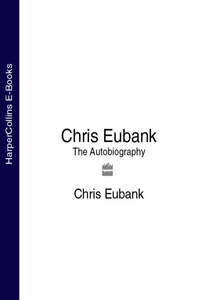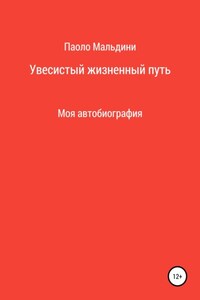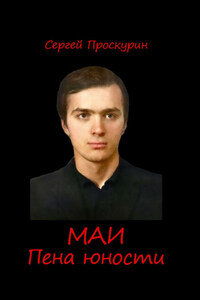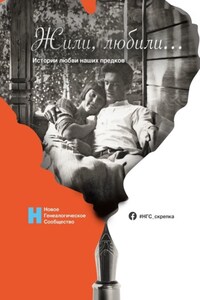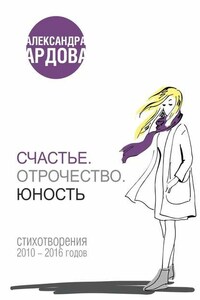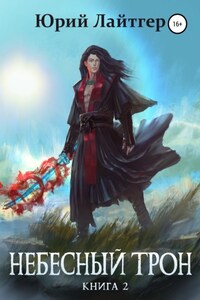To Ena, Irvin,
Christopher, Sebastian, Joseph, Emily and Karron
Mandela
To whoever it may concern: There isn’t any bigger slavery than the slavery of compromise and acceptance of all the wrongs perpetrated against the African and Africa.
I never thought thoughts to make me otherwise than what I am, so my obliviousness to what you have been taught to think I should be is a statement of my humanity. As a footnote to that, it is a fact that human character is independent of colour and creed.
‘Ice cream, jelly and a punch in the belly.’ Dorothy used to say this to me every time I went round to her house. She was a very old, German Jewish lady, aged 93, whom my mother worked for as a live-in nurse in New York. I was only 19, negotiating my way through life in one of the toughest cities in the world. I had been sent to the Big Apple to distract me from the life of delinquency that threatened to pull me under back in England.
I loved Dorothy; she used to call me ‘sonny boy’. She accepted me. She was wheelchair-bound and I used to pick her up to put her into bed. I would sit and talk to her while my mother, a kind and extremely generous woman, busied herself. The house was crammed full of nostalgic bric-a-brac from over the years. There was also money lying around.
In those days, I never had a penny, so I started to take $20 bills from Dorothy’s room. This went on for about two years and added up to over $2000. I knew it was wrong, but I assuaged my guilt by telling myself that Dorothy wasn’t using the money and my mother didn’t notice.
There are certain things you do in your life that you regret but, if you put them right, you feel so much better. I knew I had to give that money back, especially when it became clear Dorothy was becoming progressively more fragile. By now, my fledgling boxing career had progressed quite nicely and I was taking bouts in England, flying back and forth between Brighton and New York. At that point, I was earning a small weekly allowance plus £700 a fight, so I saved up the equivalent of $2500 over a period of months and the very next time I visited Dorothy, I put the money back in her home. If I hadn’t done that, my indiscretion would have weighed very heavily on my mind. Thankfully, I paid her back.
Dorothy died two weeks later.
My father, Irvin Eubank, was a great storyteller. One of the many anecdotes he recounted described how he acquired his limp. When he was just a toddler, his own father had put some breadfruit in the stove. He was told not to take the breadfruit out and eat it, which, of course, was exactly what he did when he found himself alone for a few moments. When his father found out, he slashed the youngster’s lower leg with a machete. My father had a severely hard life, but he would have told this tale to one person one way and told another person a totally different story! Another version had him being cut out of a terrible car wreck and losing his calf muscle in the process. He was such a character, and I see some of that in myself.
He was born on 28 August 1929, in the district of Mount Airey, Clarendon, in Jamaica. He cut sugar cane in the fields for most of his younger years. That is where he met and eventually married my mother Ena who was then, and always will be, deeply religious. She was well known in church circles in Clarendon. She had been married previously and had five children, my older half-brothers and sisters, whom I rarely see. My mother was born on 15 March 1931 in Clarendon. She left school aged 17 and became a nurse’s domestic helper. She met her first husband and married him at the age of 2 5, but unfortunately he died only three years later, leaving my mother on her own with their five children. Then, in 1960, she met my father.
My father saved diligently for many years for the plane fares to migrate to the UK, stuffing his hard-earned cash under a mattress until such a time as the move could be made. They settled in south London and life was very difficult, an endless grind of poverty and hard work. I was born in East Dulwich on 8 August 1966, their fifth child, after David, the twins Simon and Peter, and Joycelyn. My mother told me their main goal was to get their own home and to do so with five kids around was very hard. So, we were sent to Jamaica to be with our grandmother, on my mother’s side, when I was still only a baby. My earliest memory is of being pulled on a banana leaf in the hills by my cousin Woodia. Other than that, I have no recollection of my time there. My grandmother was called Constance, but we called her ‘Uncun’. She has passed away now. When she was still alive and I had become world champion, I hired and flew in a helicopter packed with supplies of clothes and foodstuffs to Callington, the mountain-top village where she lived. To this day, when I travel to Jamaica, they say, ‘You’re the man who came in the helicopter.’
